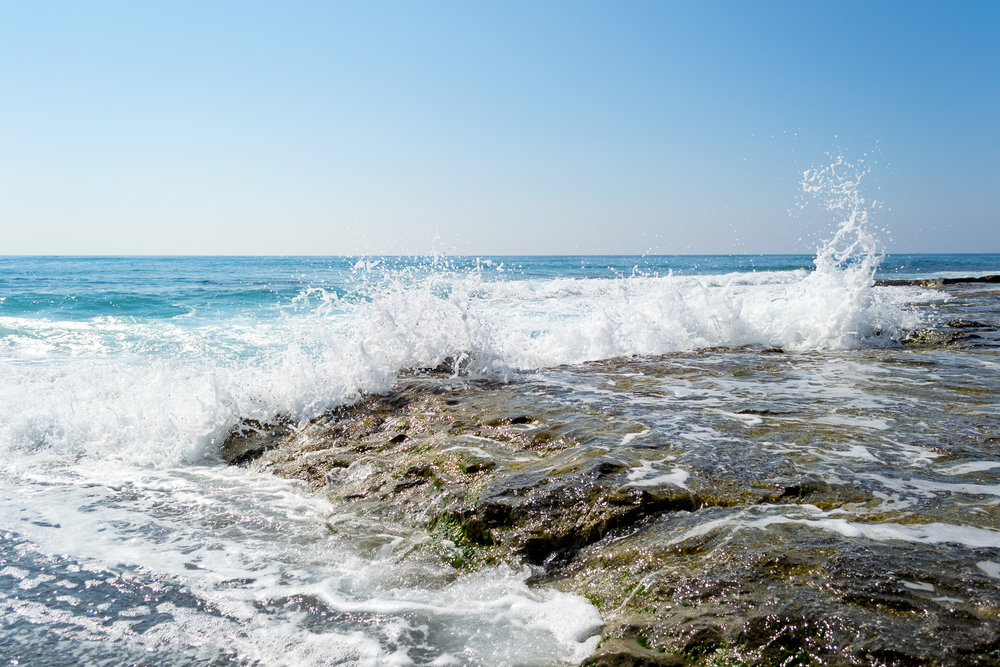Desalination plant is worth its salt
Desalination plant is worth its salt LondekileTurning sea water into fresh water is one of the ways that the impact of the drought is being reduced.
The Department of Water and Sanitation (DWS) says water reservoirs in Richards Bay have significantly improved since the opening of a large-scale desalination plant.
Richards Bay, part of the uMhlathuze Municipality in KwaZulu-Natal, has been badly affected by the ongoing drought. Back in 2014, Cabinet issued a drought disaster declaration in the province and heads were put together to find solutions to the crisis. 
By August 2016, Richards Bay’s main water supply had dropped to a dangerously low level of 16 percent. However, the launch of the desalination plant in May 2017 significantly helped address water security and reliability.
Desalination is the process of removing salt from seawater.
The plant forms part of the province’s short-term interventions. “The intervention is aimed at increasing domestic water supply to help local communities and business in and around Richards Bay,” DWS said.
The plant produces about 10 megalitres of clean water per day and directly benefits communities of Mandlazini, Meerensee, Nseleni, Khoza, Mzingazi and the Mbonambi Rural Water Supply Scheme.
“The country as a whole has not recovered from the 2014 drought, with the Western Cape Province experiencing the worst drought in 400 years.”
In managing the current situation, the department has started implementing interventions to expand the existing water resources.
The short to long-term interventions take on a four-pronged approach which includes desalination, groundwater optimisation, water conservation and demand management and re-use optimisation.
The department encourages all consumers to use water sparingly.
“Our joint efforts have the potential to yield significant water savings that would go a long way in improving water security in our country,” it said.
Drought might be a national disaster
Recently, Water and Sanitation Minister Nomvula Mokonyane briefed the Portfolio Committee on Water and Sanitation. She said the drought is not only prevalent in the Western Cape and Eastern Cape provinces but in other areas of the country as well.
According to the Minister, there are some areas in the North West which have not had water in three years.
“The drought will be declared a national disaster after information from all nine provinces is collected and this could take place on 14 February this year,” she said at the time.
According to a statement released by Parliamentary Communication Services, the committee will look at policy to review the issue of water licences and the ownership of dams through proposed legislation.
Currently, the department owns and manages about 330 of the 5 000 dams in South Africa.